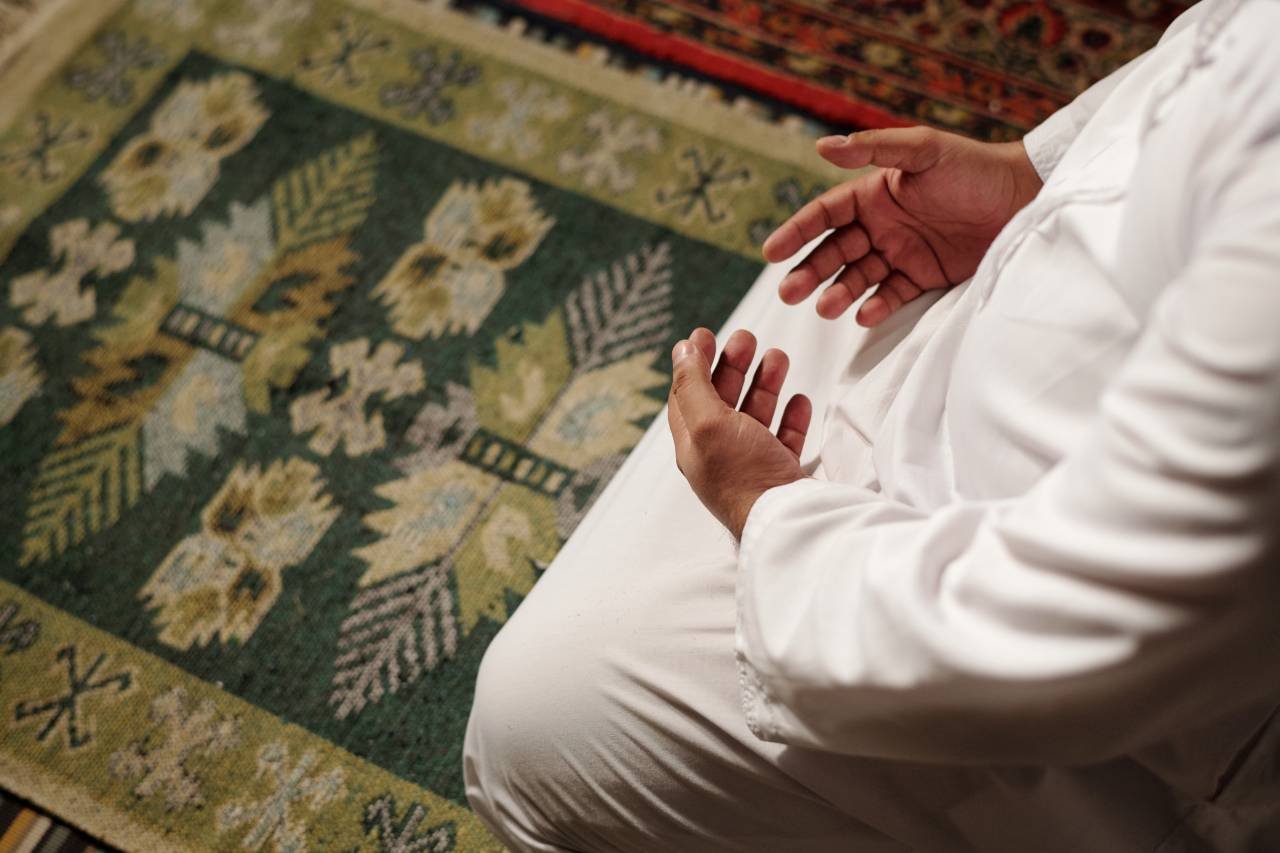Isha, the fifth and final daily prayer in Islam, is a beautiful conclusion to the day’s spiritual journey. Performed at night, it symbolizes a moment of peace, reflection, and closeness to Allah. As the day winds down, Isha offers a chance to seek forgiveness, express gratitude, and prepare the heart for rest. Let’s explore the profound importance of this prayer.
What is Isha?
Isha is the night prayer, performed after the twilight has disappeared and the night has fully set in. It consists of four obligatory units (rak‘ahs) and is often followed by additional voluntary prayers such as Witr, which the Prophet Muhammad (peace be upon him) strongly recommended.
Isha represents the culmination of the daily cycle of worship, allowing believers to end their day with Allah at the forefront of their thoughts.
The Timing of Isha
The time for Isha begins once the red twilight in the sky has vanished and continues until midnight or the beginning of Fajr (dawn), depending on scholarly opinions. This flexibility allows Muslims to fit Isha into their evening routine without compromising its performance.
The Qur’an highlights the significance of the night:
“And from the night, pray with it as additional worship for you; it is expected that your Lord will resurrect you to a praised station.”
(Qur’an 17:79)
This verse underscores the spiritual importance of prayer at night, a time of stillness and intimacy with Allah.
The Spiritual Significance of Isha
- A Peaceful Conclusion to the Day
- Isha provides a moment to close the day in worship, thanking Allah for His blessings and seeking forgiveness for any shortcomings. It allows believers to reflect on their actions and intentions.
- Strengthening Faith
- By prioritizing Isha, Muslims demonstrate their devotion to Allah, even at the end of a busy day. This act of discipline and faith fosters a closer connection with the Creator.
- Encouragement for Night Worship
- The Prophet Muhammad (peace be upon him) said:
“Whoever prays Isha in congregation, it is as if he has prayed for half the night. And whoever prays Fajr in congregation, it is as if he has prayed the entire night.”
(Sahih Muslim)
This hadith highlights the immense rewards associated with Isha, particularly when performed in congregation.
- The Prophet Muhammad (peace be upon him) said:
- A Reminder of Accountability
- As the day ends, Isha reminds Muslims of their ultimate accountability to Allah. This reflection encourages self-improvement and dedication to spiritual growth.
Practical Benefits of Isha Prayer
- Prepares the Mind for Rest: By concluding the day with prayer, Muslims cultivate a sense of inner peace and gratitude, promoting restful sleep.
- Encourages Night Reflection: Isha provides an opportunity for quiet contemplation, allowing believers to evaluate their day and set intentions for the next.
- Fosters Spiritual Discipline: Observing Isha consistently builds a habit of ending the day in devotion, reinforcing the importance of faith in daily life.
Tips for Making Isha Prayer Meaningful
- Pray Witr:
- Add the Witr prayer after Isha. It is a highly recommended act that completes the night’s worship.
- Incorporate Supplication:
- Use the quiet moments of Isha to make heartfelt dua (supplication), asking Allah for guidance, forgiveness, and blessings.
- Pray in Congregation:
- If possible, perform Isha at the mosque or with family members to increase the rewards and foster a sense of community.
- Establish a Night Routine:
- Build Isha into your evening routine, ensuring you perform it with focus and devotion before going to bed.
- Reflect and Recharge:
- Use Isha as a moment to reflect on the blessings and challenges of the day, finding strength and peace in Allah’s guidance.
Isha: A Nightly Moment of Reflection
Isha is more than a prayer; it is a time of tranquility and connection with Allah. It allows Muslims to close their day on a spiritual note, reinforcing their faith and commitment to worship. This prayer transforms the quiet hours of the night into a sacred opportunity for self-reflection, gratitude, and devotion.
Conclusion
The Isha prayer beautifully concludes the daily cycle of Salah, offering peace and solace as the day comes to an end. By consistently performing Isha, believers strengthen their bond with Allah and prepare their hearts for the journey ahead. It is a moment to pause, reflect, and recharge, ensuring that faith remains the anchor of daily life.
How do you make Isha prayer a meaningful part of your nightly routine? Share your thoughts and experiences in the comments below!


